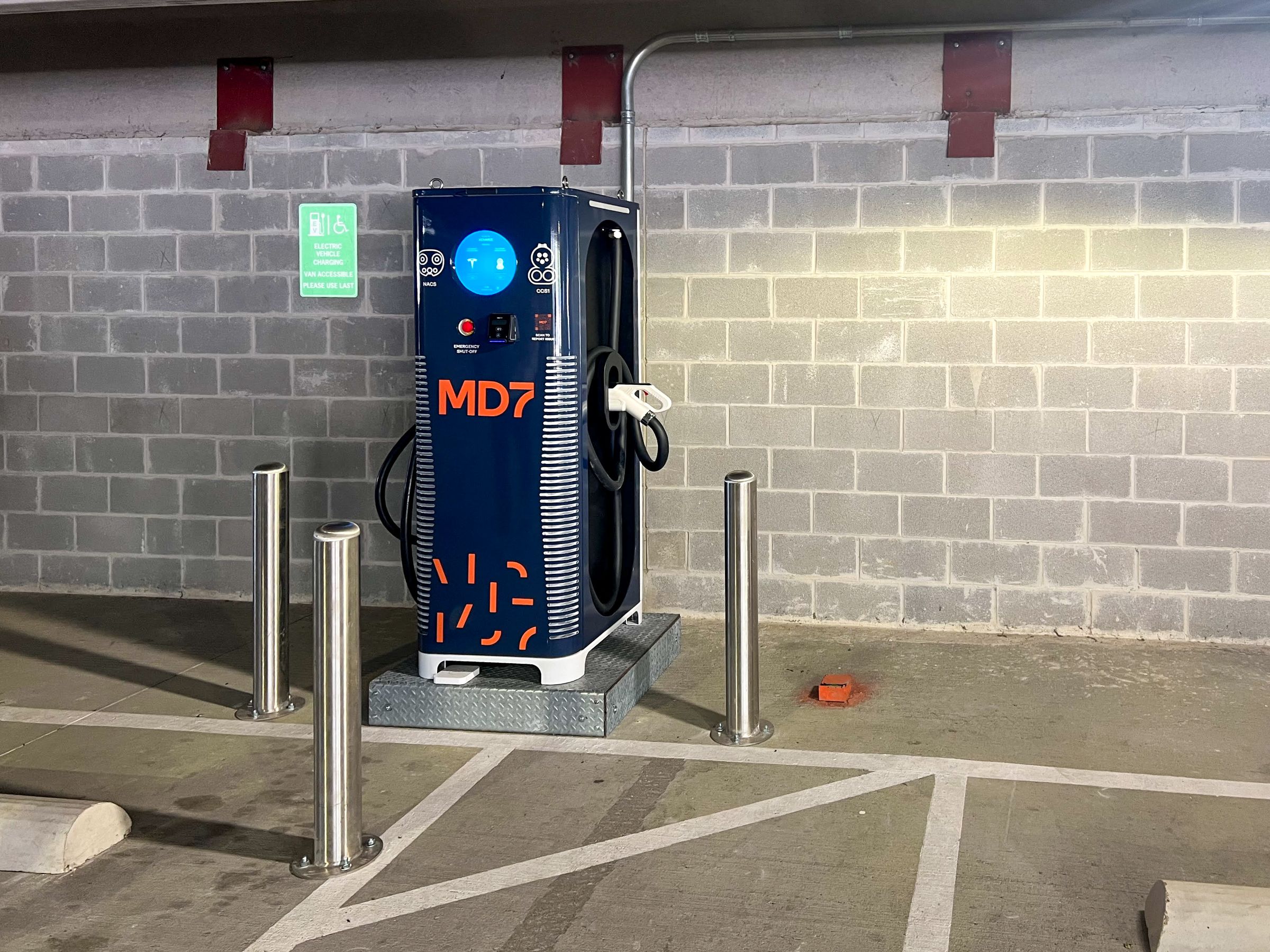California Bill May Streamline Wireless Deployments
By Cynthia Hanson,
Land Use Counsel at Md7
California Assemblyman Bill Quirk, from the 20th District (Hayward) has proposed legislation that would help carriers and tower companies speed infrastructure upgrades through the local jurisdictional approval process. Similar legislation recently became law in the states of Georgia, Indiana, and Iowa.
Under California Assembly Bill 57, colocation applications pending after 90 days and new siting applications pending after 150 days will be “deemed approved.” In other words, if you submit an application, comply with the jurisdictional process and notice requirements, and your application has not been timely approved or denied, you can consider the project zoning complete, pull your building permit and schedule construction. This is powerful relief in a state notorious for its extended land use approval processes.
The language of AB 57 has been amended to provide that if an application is incomplete, the approval time period will stop running until the information needed to make the application complete is provided, then the clock will start running again. Additionally, the bill now allows the applicant and the local government to mutually agree to extend the review period beyond the 90 or 150 day time limitations. Under the amendment, after the 90 or 150 days have passed, applicant must give notice to the city or county that the application is now deemed approved. The latest version of AB 57 also excludes “eligible facilities requests” as defined by the FCC. Basically an eligible facility request is one involving the colocation, replacement, or removal of transmission equipment not resulting in a substantial change to the site. Eligible facility requests will remain subject to the FCC shorter 60 day deemed approved shot clock.
The language of AB 57 goes beyond the provisions of the recent FCC wireless siting order by providing a deemed approved remedy for all properly noticed colocation and new siting applications. In contrast, the FCC imposed this remedy only for applications that do not result in a “substantial change.” To read more about the FCC Order click here.
The wireless community has come out in strong support of AB 57. Frustrated by approval timeframes that too often exceed 180 days and at times more than a year, in addition to the burden of meeting what they believe are onerous jurisdictional review requirements, wireless service providers are looking for assistance to help speed sites to on air status as they strive to meet their customers’ demand for ever improved wireless service. The carriers can be expected to be very vocal in their support of AB 57 as the legislation winds its way through the approval processes in Sacramento. Tower companies and private landlords who rent space to carriers can also be expected to come out in support of AB 57. Recently, the California Wireless Association (CalWA) issued a call to their membership asking for their vocal support of the proposed legislation. CTIA – The Wireless Association and PCIA – The Wireless Infrastructure Association have also voiced their support for AB 57.
As expected, parties in opposition to AB 57 have been lining up as well. Local jurisdictions believe AB 57 violates their right to govern properties and activities within their boundaries. The City of Los Angeles recently passed a resolution opposing the bill on the grounds that it cannot realistically meet the timelines due to the large number of applications processed by the City and in light of the environmental review processes that must be completed before an application can be considered. Additionally, the City concludes that AB 57 undermines its ability to control land use practices within its boundaries. The Cities of San Francisco and Berkeley also passed similar resolutions in opposition, expressing concern over the lack of clarity in the bill’s provisions and the failure of the bill to consider environmental review requirements. San Francisco also requests the formation of a broadband connectivity group to discuss and find resolutions to broadband connectivity and safety issues. The formation of this group was originally part of AB 57 and deleted during the review process. The California League of Cities, the California Association of Counties, Urban Counties Caucus, and the California Chapters of the American Planning Association and the Association of Environmental Planners have also come out in opposition to AB 57 and are rallying their members to speak out against AB 57.
AB 57 had almost unanimous support in the California State Assembly and is now in the California State Senate where it was amended on July 8th. A final decision on AB 57 is expected later this year.
Links to the current text of AB 57 and the Resolutions of the Cities of Los Angeles, San Francisco, and Berkeley can be found below.
City of Los Angeles Resolution
City of San Francisco Resolution




